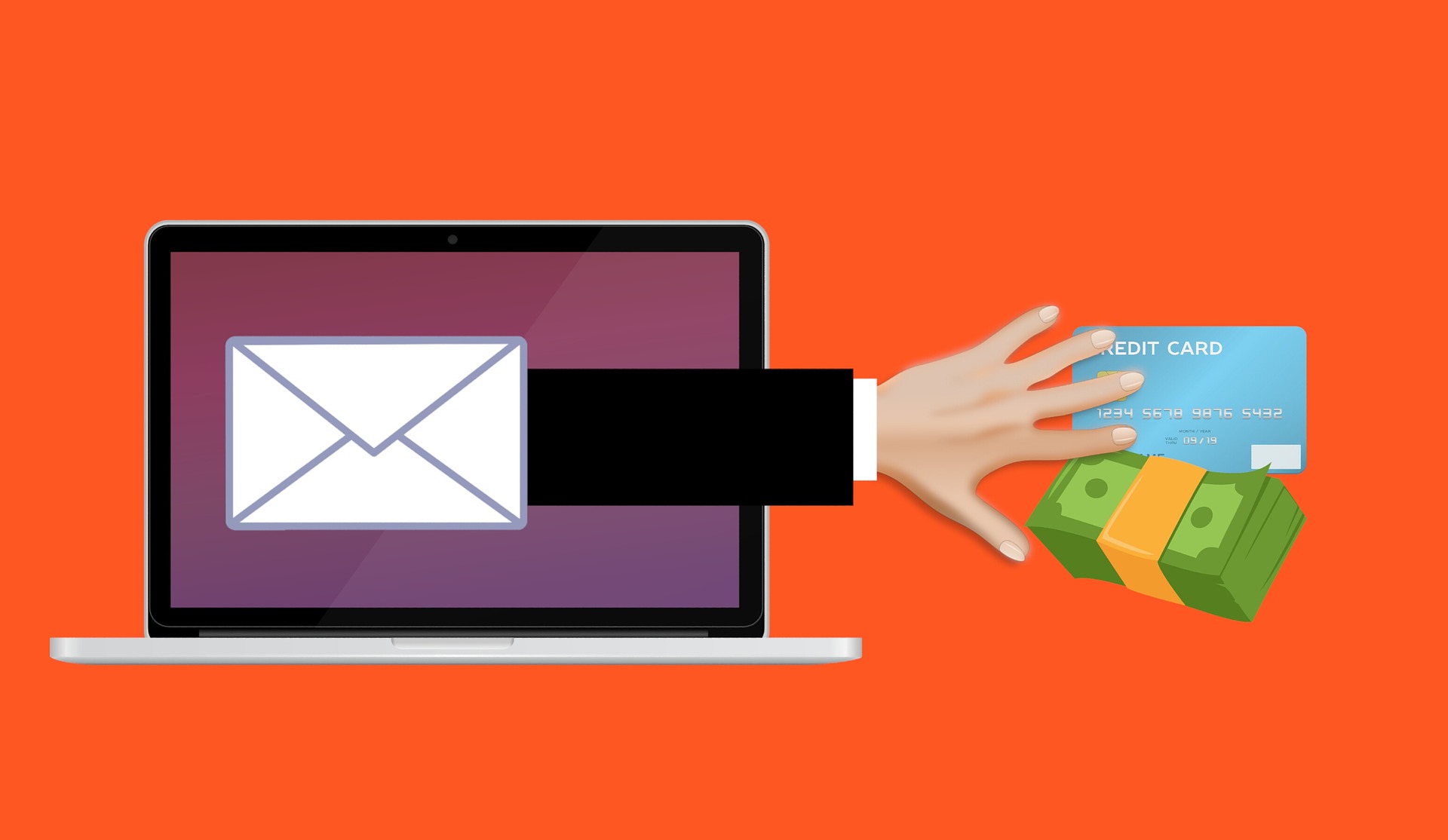Every year, British investors lose a staggering £1.2bn – an average of £29,000 each – as a result of fraud. Regardless of the sector of your investment, fraud is something one must always be wary of, from property investment to precious metals. Online forex fraud is particularly insidious and has been getting worse. Fortunately, although there are some very devious scams out there, you can make yourself much safer by familiarising yourself with the common ones, and there are additional measures you can take to keep your risk as low as possible.
Signal selling
Probably the most common forex scam is signal selling. Although it can be genuine, at least in intent, most experts believe that the majority of signal sellers are intentionally committing fraud. What this involves is selling a system that supposedly lets you know the best times at which to trade particular currency pairs. The underlying problem with this is obvious if you think about it: if somebody really had a system like this they would get very rich and wouldn’t need to sell it. If they just wanted to help people by sharing a genuine system, they wouldn’t charge money for it. There are a variety of reasons given for how it’s supposed to work but you should always treat it with caution.
Phony funds
If you want to invest your money in forex but you don’t want to make all the trades yourself, it can be tempting to sign up to a fund. There are genuine funds run by competent managers who will – for a fee – take care of those investments for you. Unfortunately there are others run by managers you really can’t trust, who simply want to take your money and disappear. Sometimes they will provide you with impressive returns for a little while at first so that you decide you’re onto a good thing and invest more heavily. Where they tend to slip up is in over-egging the pudding. If the returns you’re offered look just too good to be true, they probably are, and you will lose money.
Dodgy brokers
Because the forex market is unregulated there are, sadly, lots of opportunities for brokers to commit fraud. They often look like the real thing with impressive advertising and websites, but they either rip you off heavily on each trade or take your money and give you nothing in return. It’s safest to stick to well known brokers in order to stay out of trouble. If you’d like to try one you’re not familiar with, check established trade publications for reviews. This Alvexo review illustrates what you should be looking for. Don’t rely on sites where users reports their own experiences with brokers as these mini-reviews are easy to fake. Bear in mind that brokers offering other assets alongside forex do have to be regulated so are usually a safer bet.
What to watch out for
There are several warning signs that commonly crop up with scammers. If you encounter any of these, be wary.
- Cold calling – people who approach you (on the phone, online or even in person) instead of waiting for you to go looking for them.
- Big promises – trustworthy individuals and organisations working with forex will always be honest about the fact that you might lose money.
- Pressure – time-limited offers, people who say they need your involvement to avoid letting others down and people who make you feel intimidated.
- Flattery – people who tell you they want you on board because they think you have amazing potential and are different from other investors.
- Details that don’t check out – a lack of street address, an address you can’t confirm or registration details that regulators can’t confirm.
You may feel frustrated by having to double check things or uncomfortable about doubting people, but anyone who is genuine will respect your caution and your diligence will pay off.
What to do if you’re scammed
Sadly many victims of scams like the above are unsuccessful in attempting to recover their money. What you can do, however, is take action to help prevent the scammers successfully ripping off other people. First of all, report to the police what happened. Secondly, report it to the Financial Conduct Authority (FCA). Thirdly, discuss your experience on any trading-related discussion forums you use – they often have special sections for this. Finally, bear in mind that scammers often hunt down those they know have been scammed because they think they make easy targets, so be extra careful in future.
There are some dodgy people out there but if you reason things through and take a calm approach to decision making, you’ll usually be able to avoid them and enjoy trading forex.



 Bitcoin
Bitcoin  Ethereum
Ethereum  XRP
XRP  Tether
Tether  Solana
Solana  USDC
USDC  TRON
TRON  Lido Staked Ether
Lido Staked Ether  Cardano
Cardano  Avalanche
Avalanche  Toncoin
Toncoin